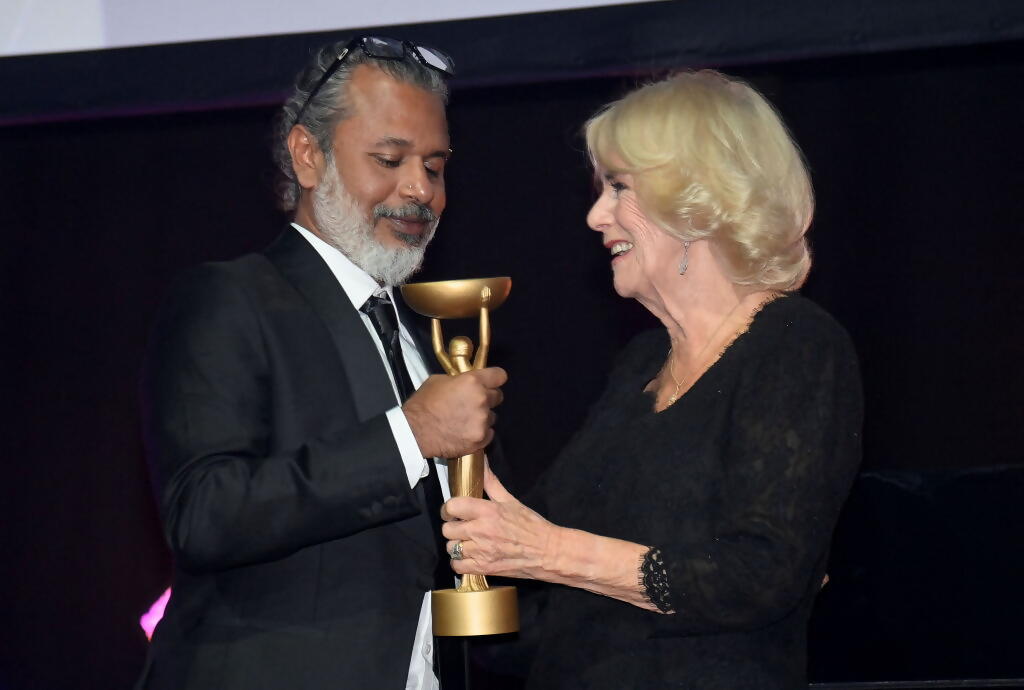
Described as “a supernatural satire set amid a murderous Sri Lankan civil war,” the novel focuses on a photographer who wakes up dead, and is given the titular seven moons to enlist the help of his loved ones in finding his photos, and thereby exposing the brutality of war.
The Seven Moons of Maali Almeida is Karunatilaka’s second novel, coming a decade after his debut Chinaman: The Legend of Pradeep Mathew. That detailed an alcoholic journalist’s quest to track down a missing cricketer from the 1980s.
The idea behind his latest novel came to him in 2009, he said, when he decided to write “a ghost story where the dead could offer their perspective.” This came after the Sri Lankan civil war, “when there was a raging debate over how many civilians died and whose fault it was.”
Everything you need to know about the winning book: what it’s about, why it won, how the author wrote it and what the judges and critics said 📚🏆
Read here: https://t.co/SA1FqqRAt9 pic.twitter.com/aLNOGFHLPm
— The Booker Prizes (@TheBookerPrizes) October 18, 2022
Karunatilaka was presented the award by Camilla, the Queen Consort, along with the £50,000 winner’s prize.
Each of the other five writers on the Booker’s final shortlist received £2,500 each. That shortlist was: Glory by NoViolet Bulawayo, The Trees by Percival Everett, Treacle Walker by Alan Garner, Small Things Like These by Claire Keegan and Oh William! by Elizabeth Strout.
In his acceptance speech, Karunatilaka said: “My hope is that in the not too distant future… Sri Lanka has understood that these ideas of corruption and race-baiting and cronyism have not worked and will never work.
“I hope it’s in print in 10 years… if it is, I hope it’s written in a Sri Lanka that learns from its stories, and that Seven Moons will be in the fantasy section of the bookshop, next to the dragons, the unicorns and will not be mistaken for realism or political satire.”
Karunatilaka also revealed he had “self-censored” some short stories in the aftermath of author Salman Rushdie being stabbed in August.
“I was in the process of publishing a collection of short stories when this incident happened, and I discovered a couple which I don’t think was offensive to any religion. But my wife said, can you not do that? You’ve got two young kids. This story is not that good. Just leave it out. This is something that hangs over all of us if we’re writing in South Asia, especially writing about politics or religion.”
Head judge Neil MacGregor said the judges’ decision had been unanimous. Each of the panel has to read each of the books three times, and MacGregor praised the “scope and the skill, the daring, the audacity and hilarity” of The Seven Moons of Maali Almeida.
He added that all of the shortlisted books were “all really about one question, and that is what’s the point of an individual life?”


